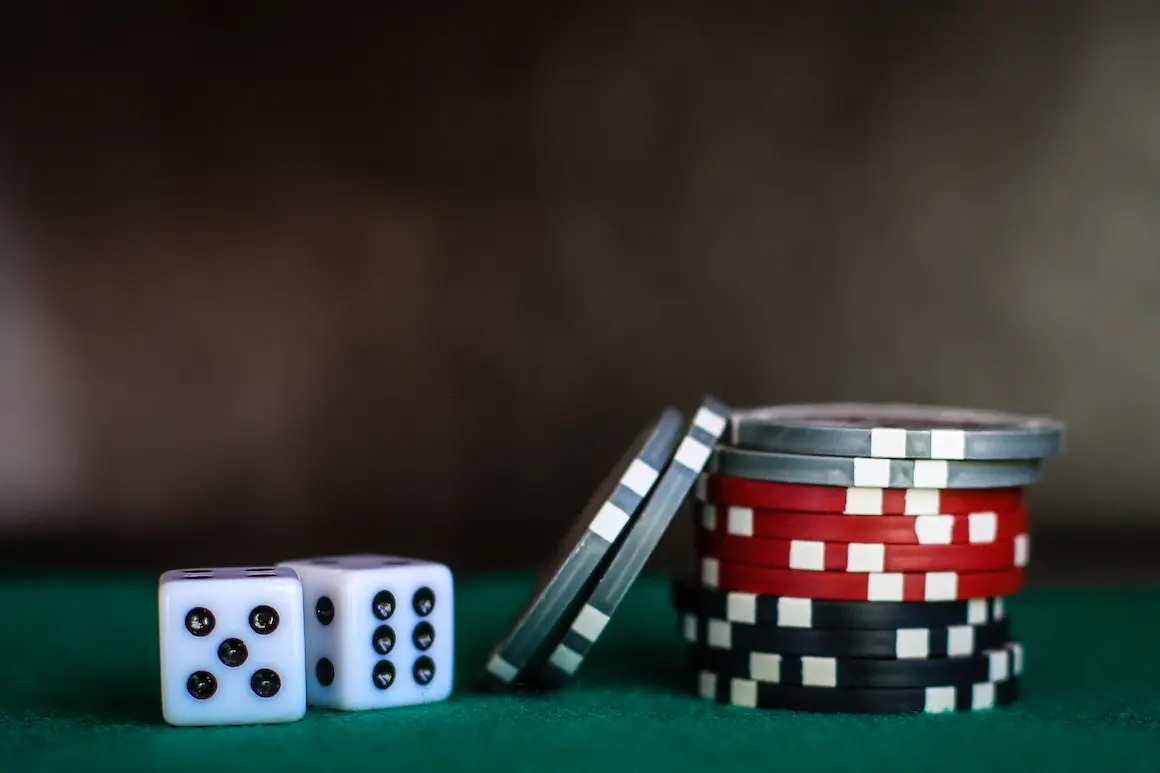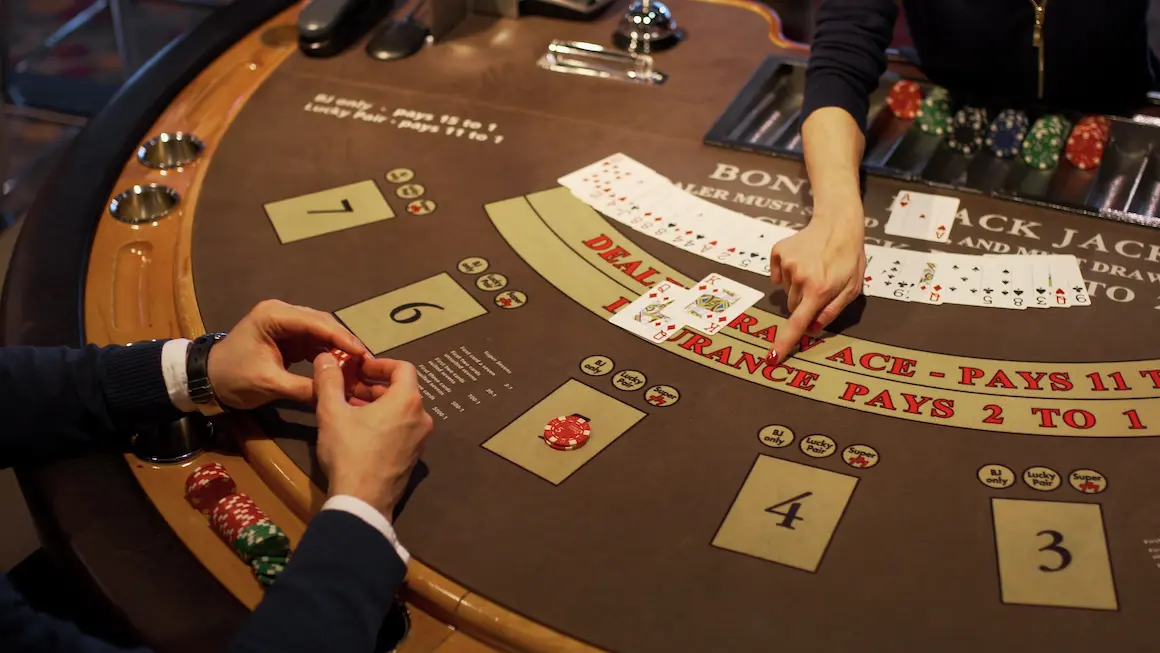 Article Contributors
Article Contributors Unfortunately, many believe that gambling is useless or even harmful entertainment. Such an association constantly arises, even though card hobbies or one-armed bandits have always been part of humanity and had a great influence on the formation of society as a whole.
In modern history, there’s a large number of examples of famous people gambling for real money almost daily and not considering it shameful.
Dice and the ancient Greek philosopher Aristotle

The student of Plato and educator of Alexander the Great, Aristotle, tried to study the life of man in various manifestations thought his life. His well-known works influenced politics, the formation of religion and science, and certain concepts were taken as the basis for ideas about the modern world and are still considered true and unrefuted.
Dice were a popular gambling entertainment during the time of the great thinker. Aristotle constantly observed the desire with which people in those days made attempts to guess, as well as to achieve the loss of winning combinations, and wanted to understand this from the point of view of science. For dice fans, his conclusions turned out to be depressing, since the philosopher was able to prove that the chances of the same combination falling out often are minimal.
Referring to his own notes, the ancient Greek scientist created a probability theory and applied the basics of the game of dice to the idea of the universe, where chance takes the main place. Moreover, in one of his notes, as encouragement, Aristotle described several tips on how to play dice and increase your chances of winning. Today, millions of gamblers use his recommendations.
Roulette and Blaise Pascal
In the middle of the 17th century, physicist and mathematician from France, Blaise Pascal, showed an interest in probability theory. Pascal wanted to solve complex problems in mathematics due to an avid gambler Damier Mitton. At first, the French scientist, like his predecessor Aristotle, drew his attention to dice.
The unconventional approach to the problem of winning probabilities soon interested other outstanding mathematicians. For example, Christian Huygens, a scientist from Holland, impressed by the work of Pascal, even wrote the scientific work Computations in Gambling.
Whereas Blaise himself went even further in his assumptions and didn’t limit himself to just playing dice. He began to study the theory of probability more deeply on his invention, the wooden wheel with a precisely established number sequence.
This mechanism is considered to be the predecessor of the modern roulette wheel, which won over the hearts and souls of millions of people around the world. After the death of the outstanding physicist, roulette has become the most popular gambling game in offline casinos in Europe.
Casino and Fyodor Dostoevsky

Dostoevsky’s great passion for gambling was reflected in certain consequences, both for the writer himself and for modern fans of his works. Indeed, thanks to this hobby, he wrote the novel The Gambler, which is still recognized as the most outstanding work of art.
The writer first started gambling when he went to Germany for epilepsy treatment. Dostoevsky got into the casino by accident and couldn’t resist the temptation to get rich quickly. He sat down at the roulette table and immediately hit the big jackpot, but the thirst for excitement clouded his mind. As a result, he lost all the winnings.
An untamed attraction to the roulette wheel fused with him, and the writer began to develop his winning strategy. But this game of chance broke all known laws. Once Fedor Mikhailovich lost such a large sum of money that the casino owner forbade him to leave the building until the debt was paid back in full.
Countrymen didn’t desert Dostoevsky and helped him pay off his debts. After that, in a desire to improve his financial situation, the writer agreed with the publisher Stelovsky to write a new novel. Fedor wrote The Gambler in less than a month, and the stenographer who helped him work on the book became his faithful wife.
Poker and Richard Nixon
Nixon was the 37th President of the United States of America and an avid poker player. Perhaps the most influential politician of the 20th century became interested in the card game during the Second World War when he served in the navy.
At that time, the officers’ salary reached the amount of $150, and the future president spent most of his salary on poker with colleagues. During his service, Nixon managed to win decent money, which he invested in a campaign for self-nomination to the American Congress.
The American politician’s successful career provided an opportunity for Richard Nixon to take the presidency and take his place in world history. Even as head of the United States, he often resorted to skills he learned in poker. In evaluating his rivals, the politician equated political actions with a bluff at the card table and tried to avoid the arguments with politicians who bargained for no good reason.
Giacomo Casanova and the lottery

Giacomo Casanova was not only a famous womanizer and lover but also an avid gambler. He liked to play faro, whist, Biribi, and basset. He probably would’ve liked poker, but this game didn’t appear until 100 years after the man’s death.
Casanova aspired to become a professional player, but he failed to realize this dream. However, in the 1760s, Giacomo organized a lottery with the support of King Louis XV, and this business was very successful. At first, their goal was to raise 20 million francs for a military school and prevent the monarch from raising taxes on the population. In addition, they wanted to fill their own pockets.
Already on the first day of the national lottery, they managed to collect 2 million francs, which exceeded expectations tenfold. At this rate, the required amount was earned very quickly. After that, they continued to engage in the lottery, and Casanova went hand in hand with gambling entertainment for the rest of his life.




